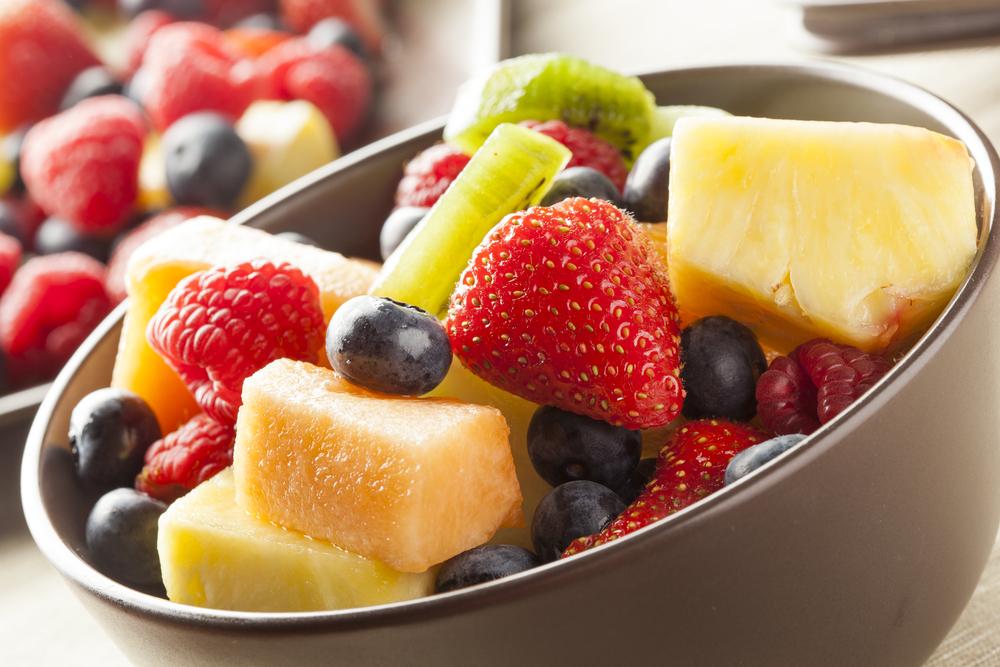
Best Foods for IBS Sufferers
Irritable bowel syndrome, or IBS, is a chronic condition that affects the gastrointestinal (GI) tract. Each person’s IBS symptoms are unique, but the condition can present a host of symptoms that include abdominal pain, cramping, bloating, diarrhea, and constipation. IBS can begin in childhood or adulthood and it is the most common gastrointestinal condition. Between 3 and 20 percent of Americans experience IBS symptoms and is more common in women than men.
While there is no cure for IBS, there are certain dietary modifications that can help. Tracking your diet with a food journal can help the patient identify food triggers and avoid them in the future. Implementing an IBS diet is the first step to finding relief. We’ve compiled a list of the best foods for IBS sufferers:
1. Lean meats
Comprised mainly of protein, lean meats are easily digestible and not fermentable by gut bacteria, so they won’t lead to uncomfortable gas. Fatty cuts of meat can contain pro-inflammatory fats or unhealthy toxins and can upset an already fragile stomach. Stick to healthy portions of white meat chicken and turkey, pork, and lean cuts of beef.
2. Low FODMAP
The FODMAP (Fermentable, Oligosaccharides, Disaccharides, Monosaccharides, and Polyols) diet focuses on eliminating or reducing fermentable, short-chain carbohydrates. High FODMAP foods do not absorb well in the small intestine, which can cause distress for those suffering from IBS. Vegetables like arugula, bok choy, lettuce, bell peppers, potatoes, and green beans are safe choices. Fruits such as bananas, kiwis, lemons, and strawberries are excellent choices as well.
3. Fiber
If your IBS symptoms include constipation, it is especially important to increase your daily fiber intake. Consuming fiber is the best antidote to relieve constipation. Adult women should be getting at least 25 grams per day and men should aim for 38 grams. Great sources of fiber include whole-grain bread and pasta, fruits, vegetables, and beans.
4. Nuts and seeds
Nuts and seeds are great sources of fiber, protein, and omega-3 fatty acids. Nuts contain unsaturated fat which is believed to be great for gut health, and therefore, good for IBS. Enjoy nuts or seeds by the handful or sprinkled on your favorite salad. We recommend almonds, brazil nuts, hazelnuts, and seeds like pumpkin and sunflower seeds.
5. Omega-3 fatty acids
Omega-3 fatty acids are known to be anti-inflammatory and inflammation might be contributing to your symptoms. One way to help with inflammation is to consume sources of omega-3, such as salmon, herring, black cod, and anchovies.
6. Lactose-free dairy
Lactose intolerance symptoms are quite similar to IBS symptoms which might be why most people with IBS usually avoid dairy. Quitting dairy products has never been easier with all the milk-alternative on the market these days. Try oat, rice, soy, or almond milk to satisfy your dairy-craving. If a recipe calls for butter, try olive oil instead.
An IBS diet does not have to be boring, but it does require the patient to make adjustments that can improve the quality of their life without sacrificing your favorite foods.



